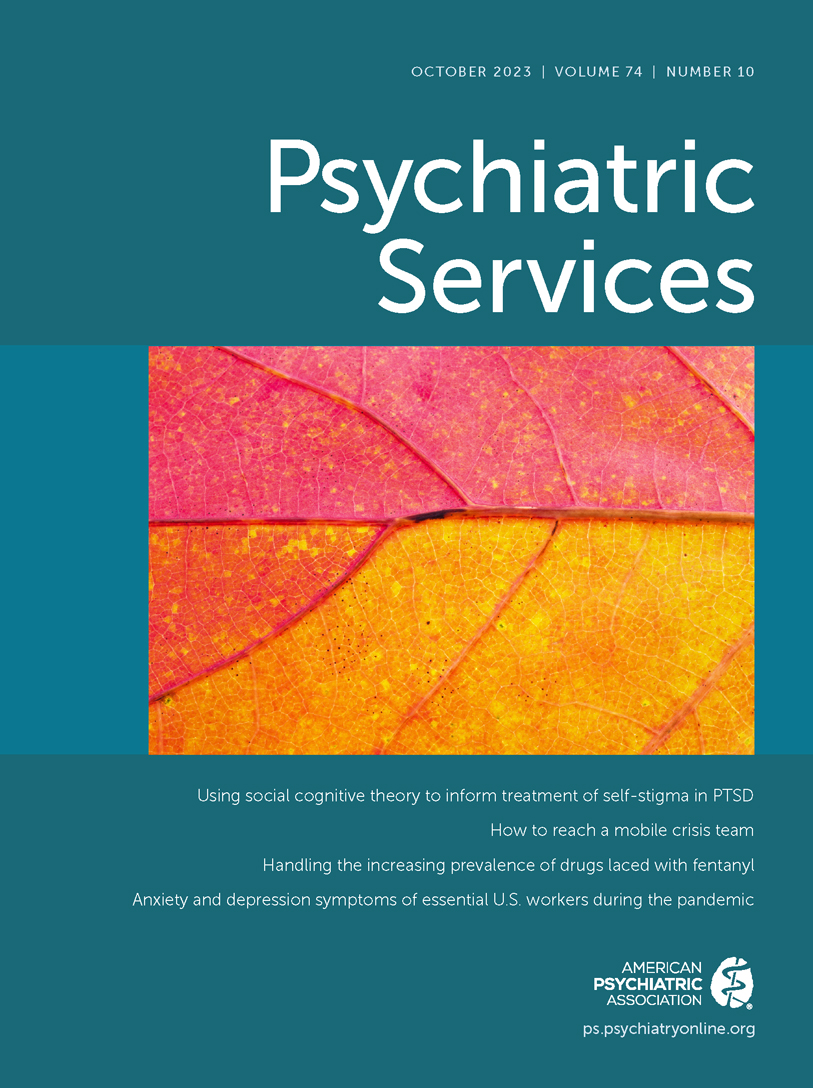Guidance for Handling the Increasing Prevalence of Drugs Adulterated or Laced With Fentanyl
Abstract
The use of fentanyl and its analogs is the primary driver of deaths related to the opioid overdose crisis. In fall 2021, the U.S. Drug Enforcement Administration issued its first public safety alert in 6 years to raise awareness of the escalating prevalence of fentanyl in counterfeit pills and in other opioids, such as heroin, and nonopioids, such as methamphetamine. In addition to increased public awareness, specific actions are needed to remediate the risk for fentanyl overdose. The authors endorse four principles to address the opioid overdose crisis and provide guidance for remediating its impacts: an incremental approach to behavior change or harm reduction; engagement strategies for individuals with substance use disorder; an integrated care approach to ensure better access to treatment programs and effective interventions; and vigilance among clinicians, program staff, and patients to the threat of fentanyl-adulterated drugs. The authors offer specific recommendations on how to apply these principles effectively within health care systems, communities, and law enforcement agencies across the United States.
Access content
To read the fulltext, please use one of the options below to sign in or purchase access.- Personal login
- Institutional Login
- Sign in via OpenAthens
- Register for access
-
Please login/register if you wish to pair your device and check access availability.
Not a subscriber?
PsychiatryOnline subscription options offer access to the DSM-5 library, books, journals, CME, and patient resources. This all-in-one virtual library provides psychiatrists and mental health professionals with key resources for diagnosis, treatment, research, and professional development.
Need more help? PsychiatryOnline Customer Service may be reached by emailing [email protected] or by calling 800-368-5777 (in the U.S.) or 703-907-7322 (outside the U.S.).



